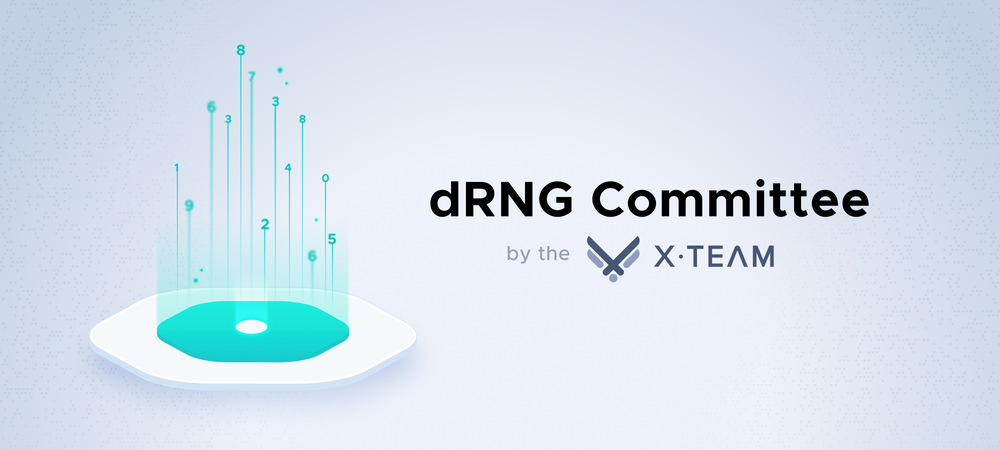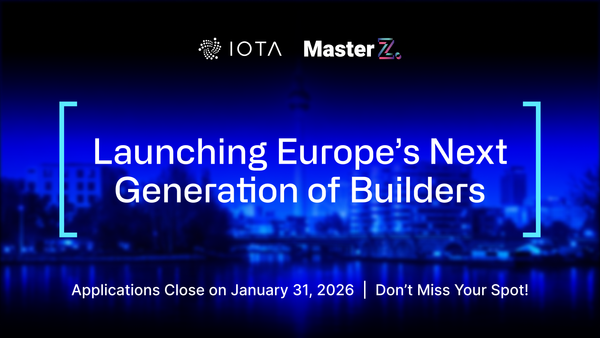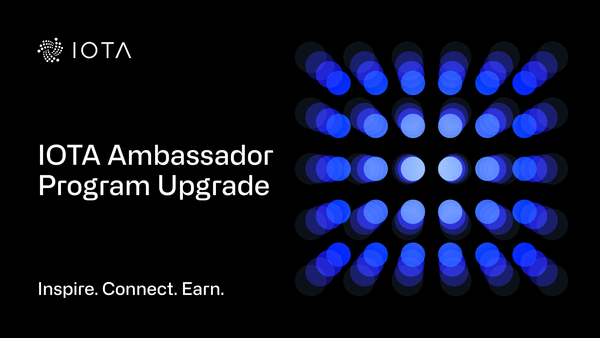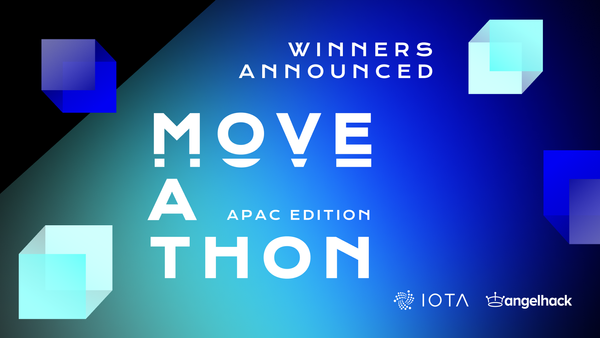dRNG Committee by the X-Team
The IOTA Experience Teams (X-Teams) strengthen the collaboration with our passionate community. They pave the road for IOTA to have the best developer experience in the distributed ledger technology (DLT) and Internet of Things (IoT) space. But X-Teams are not only about software development. Like any team, they need people to organize, write, visualize and manage other processes that are not directly related to code and computer sciences. If you want to improve IOTA, but are not a software developer, this article is for you.
We would like to share a few insights into the process of setting up the community distributed Random Number Generator (dRNG) committee by the GoShimmer X-Team. This process was somewhat challenging but crucial for our learning process. Let us talk about the tasks involved in successfully launching an international, community-driven committee of IOTA node operators.
dRNG in short
The dRNG is an integral part of securing the consensus mechanism of the future IOTA network in order to remove the coordinator currently still safeguarding value transactions (also known as Coordicide). As its name implies, The dRNG generates random numbers to make it more difficult for an attacker to delay consensus and prevent transactions from being confirmed.
For more information about dRNG, read this blog post.
Our version of the completely decentralized network has to generate these numbers in a distributed way. Having just one dRNG committee, even if it is based on cMana, is a potential single point of failure. Members of the community have taken up the task of organizing their own dRNG committee, which could be used either together with the cMana-based one, or as a backup. They have also documented their process, so that others can do the same. This effort will make the dRNG component of the decentralized IOTA network safer and more reliable.
Setting up a committee
The idea is that in the future, the dRNG is implemented directly in the GoShimmer node software. In the meantime, the team wanted to evaluate how straightforward the onboarding process is. The process includes installing additional software on an IOTA node, setting up committees, seeing how the dRNG libraries and GoShimmer work together, and improving each aspect. This will ensure that once we roll this process out to the community, it will work flawlessly.
When they set up the community dRNG committee, they ran into many minor and major issues, as recorded in the Community dRNG summary.
But these problems didn’t only occur on a software level, as initially expected. Trying to organize a group of people living in different time zones caused several delays to their work . On top of that, properly registering all findings in the process is essential, but not the first thing that comes to mind when conducting the tests.
Besides valuable input for streamlining the setup of dRNG committees, this process also taught us how valuable the X-Teams are in general. This applies especially to members in supporting roles. The IOTA Foundation is very grateful to all the members of the Community dRNG Committee who have helped during this process: niels12, Luca, wellwho, Critical, MyMonk089, Carpincho Dem, tomomi yamano, SteveK, hanspetzer, Edur, Daniel Stricker and ghadj.
A special mention goes to Dave [EF] and Dr. Electron. They took ownership to arrange everything necessary to set up community-driven dRNG committees and mentored community members in the process.
Join X-Teams as a non-developer
We launched the X-Teams in May 2020. They already consist of highly engaged members who are contributing to several initiatives. Most members have a background in software development, and we are looking for additional support from people with different skill sets.
Something as simple as finding and planning a convenient time for a meeting across different time zones, or finding the appropriate video conferencing platform, is crucial for even starting a collaboration, documenting learnings or spell-checking are entirely different skills. Visualizing the process is always highly appreciated by users, but usually not something people conducting the tests are experienced in.
So if you like to:
- organize meetings
- write guides
- record and edit videos
- create infographics or visuals
- or get other people excited and involved
Your talent and motivation would be very much appreciated within the X-Teams! It is also an excellent way to get to know interesting, talented and fun people in the community. You will be helping to detect and solve issues before they get noticed by the general public and help IOTA to grow and prosper. Contributing doesn’t have to be overly technical, and you would help strengthen the IOTA ecosystem. Additionally, you will learn a lot about the IOTA vision at the same time.
Watch the previous X-Team meetings on the IOTA Foundation YouTube channel.
Read more about the IOTA Experience team in this blog post, discover the IOTA Experience Team on GitHub, explore the IOTA Experience Initiatives and then apply through this form.
It is now possible to follow the IOTA Experience teams on Twitter here.
Watch the previous X-Team meetings:




